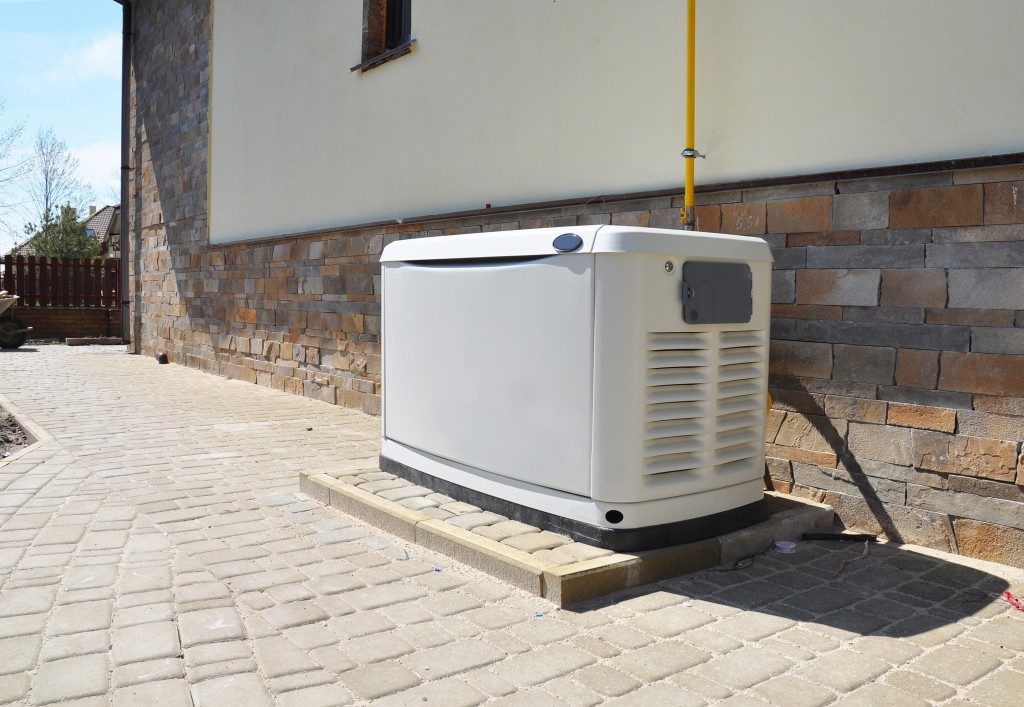Each homeowner in Utah should consider investing in a home generator, particularly during cold weather and frequent power outages. The cost of installation may range between $1,254 and $6,809, although the average is at $3,981.
Once installed, it is important to know an emergency electrician. In Salt Lake City, the hourly rate for a contractor may vary based on the type of jobs. When choosing a service provider, ask for at least three quotes and itemized list of expenses. It is also better if you hire a licensed and insured electrician in your area.
List Of Expenses
Home generators are considered permanent fixtures and this should be a good enough reason to hire a professional for installation. Since most projects are a one-time service, the coverage of work depends on certain factors. Materials and equipment may cost up to $2,000, while preparing the location and constructing a concrete pad ranges between $50 and $75 per square foot.
Some contractors may not charge a fee for an energy assessment. If you need to add a fuel tank or improve electrical wiring systems, you should expect to spend between $50 and $85 per hour for the cost of labor. Remember to inquire about certain permits prior to the installation project. These may cost between $50 and $200 each.
Choosing A Generator
 Diesel generators are the most expensive among the different types available on the market. Each one costs from as low as $3,000 up to $15,000. Those who require power for their entire homes during a power outage should consider installing this.
Diesel generators are the most expensive among the different types available on the market. Each one costs from as low as $3,000 up to $15,000. Those who require power for their entire homes during a power outage should consider installing this.
Solar generators are among the cheapest for at least $300 each. However, reliability is a concern when there is limited sunlight that often happens during a storm. Liquid propane and gasoline are better options that cost at least $500, but storage can be difficult. If you value convenience, a natural gas generator will be a good purchase for at least $1,900. This consumes more fuel, although storage is not necessary since this can be connected to the electric grid.
Portable Power Source
Some households may decide to have a portable generator because this is a cheaper option. These are more affordable because you no longer have to pay for installation. However, this only provides power for a few appliances such as a refrigerator or heating system.
Home owners should also exercise caution when trying to use portable generators. You must only use one in a well-ventilated area, due to potential health hazards posed by carbon monoxide emissions. Follow the recommended directions for usage to avoid the risk of explosion or fire. When choosing a portable generator, find a spot outside the house where you can use it at any time. The garage is a good place as long as it is well-ventilated.
Conclusion
Before planning a purchase, consult an electrician to find out if your home can remain function even when just running on a portable generator. Those who are decided on a permanent installation one should hire a professional for functionality and safety reasons.




